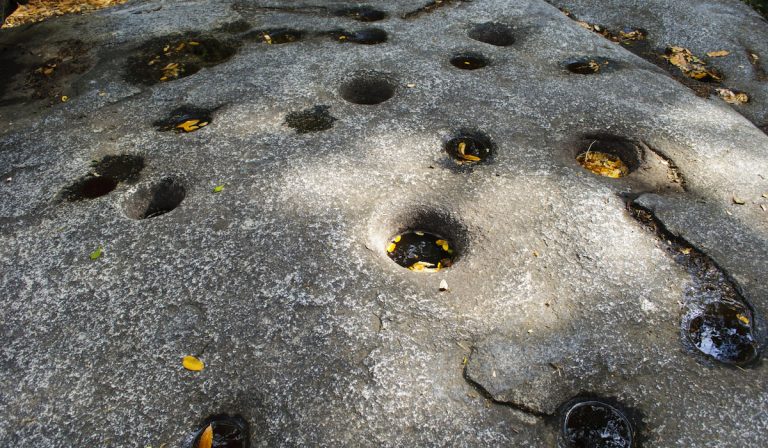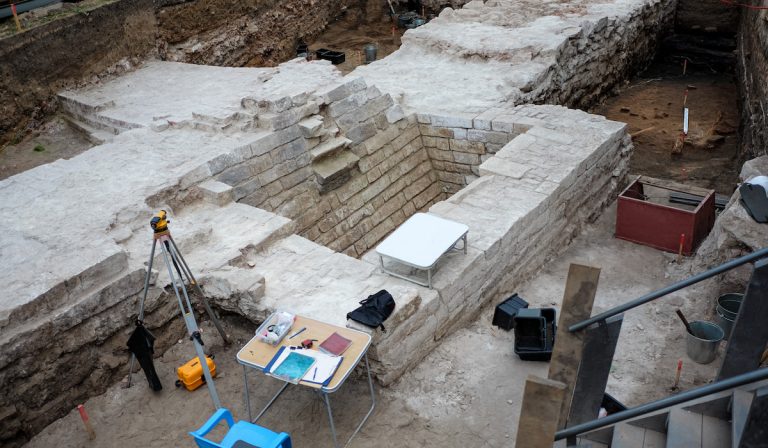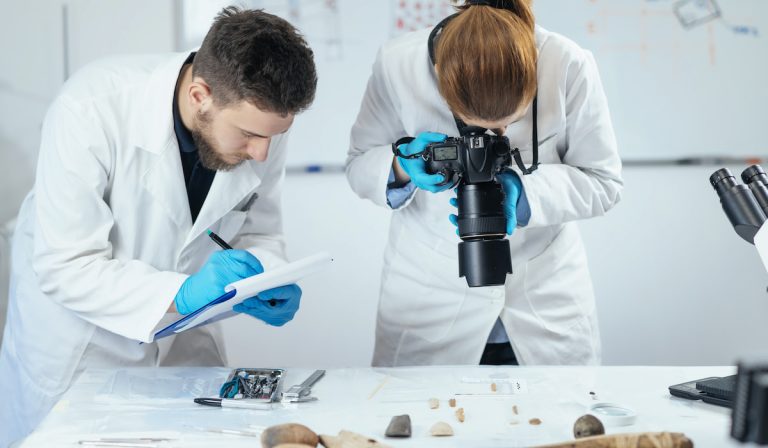9 Majors to Consider for a Career in Archaeology
Archeology is a broad field with many sub-disciplines. Each of these disciplines has its own methods, theories, and practices.
It means students with majors such as anthropology, forensics, history, and art history can find a career in archeology.
Who are archeologists?
Archeologists are professionals who study history from physical evidence, such as fossils, tools, pots, or buildings. They dig into old layers of earth to collect these valuable clues about our ancestors’ life on Earth.
Contrary to what many people believe, archeology is much more than just shovels and brushes.
Modern archeologists use high-tech instruments and sensitive techniques in their fieldwork. Most of the actual work happens in the lab where they analyze the materials collected from excavation sites.
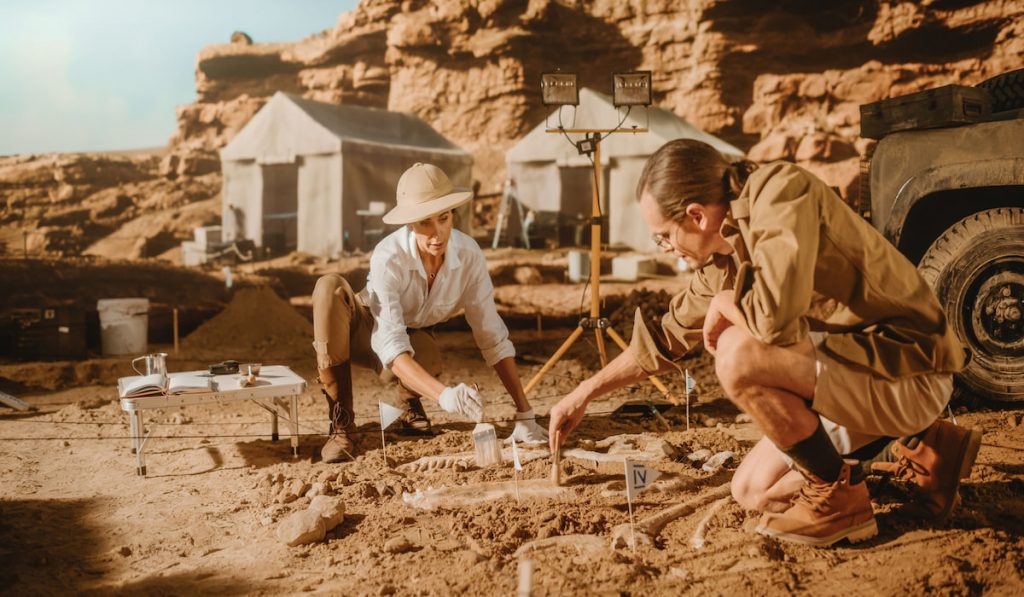
How to Become an Archeologist
Archaeology is a diverse line of work with various areas of expertise. In order to be successful in this field, you need to plan your career wisely.
1. Get relevant education:
To have a career as an archaeologist, you should at least have a bachelor’s degree. Choose your major in the areas of science, history, geography, anthropology, or geology. Keep up to date with modern technology and research for a strong foundation in the career in the future.
2. Build up the experience:
Once you’ve chosen a field that interests you, get hands-on work as much as possible. Look for opportunities with local archeology societies, parks departments, and museums.
Try to volunteer with an archaeologist on excavation projects and attend conferences to network with other professionals in your industry.
Also stay up to date on developments in your area of study by reading journals, blogs, and books authored by experts. This way you’ll learn new skills while also getting valuable connections in the community.
3. Get entry-level jobs and go for a specialized degree:
Once you have acquired enough experience from excavations, you can apply at universities around the world offering masters or Ph.D. degrees in archaeology.
Also, find opportunities to work with museums and other institutions that employ archeologists. It will broaden your perspective and help you gain experience.
What Qualifications Do You Need For Becoming Archeologist?
Archeologists need excellent research and writing skills, as well as analytical and problem-solving abilities. Related education from high school to college can increase your chance of becoming an archeologist in the future.

High School
- Build knowledge in subjects such as science and history.
- Take a foreign language class to develop your understanding of different cultures.
- Apart from studying the traditional subjects, familiarize yourself with technology and data analysis.
- Mathematics and statistics are also very useful subjects.
- Electives in humanities and art can broaden your understanding of different cultures that you can apply to the field of archaeology in your future.
College
A 4-year bachelor’s degree is the minimum requirement for pursuing a career in archeology. Students generally pursue undergraduate degrees in subjects such as history, anthropology, and archeology. Additionally, minors such as linguistics, geology, and philosophy are also helpful for a career in archeology.
9 Majors to Consider for a Career in Archeology:
The skills that an archaeologist needs in the field are quite diverse. It’s a broad study that requires expertise in various fields. Following are some majors students can consider when choosing their career in archeology.
1. Archeology

Many undergraduate and graduate programs offer courses in archeology. This academic discipline is usually focused on studying history through material remains.
A degree in Archaeology should cover many topics related to this field like cultural anthropology, history, biblical studies, art history, geography, and more. You will also learn artifact curation methods, investigation techniques, preservation strategy, and epigraphy.
Colleges will give you opportunities to work with a variety of modern technologies, such as geophysics tools for site surveys and satellite imagery analysis software.
2. Anthropology
This is another discipline you can study to become an archaeologist. The anthropologist also studies history, but from a different perspective.
Anthropologists focus on comparative cultural and social structures to better understand how humans evolved biologically and culturally over time.
Anthropology and archeology are interlinked disciplines, which explains why many anthropology students end up becoming archaeologists.
3. History
Archaeologists have to thoroughly understand the history associated with the region and civilization they are working with. So studying history would be an excellent choice for someone who wants to become an archeologist.
History programs often include periods and regions, for instance, ancient history, medieval history, or the study of European History. You might choose to narrow your interest in a subtopic within your focus or just broadly study history as a subject.
4. Ancient Language -Linguistics
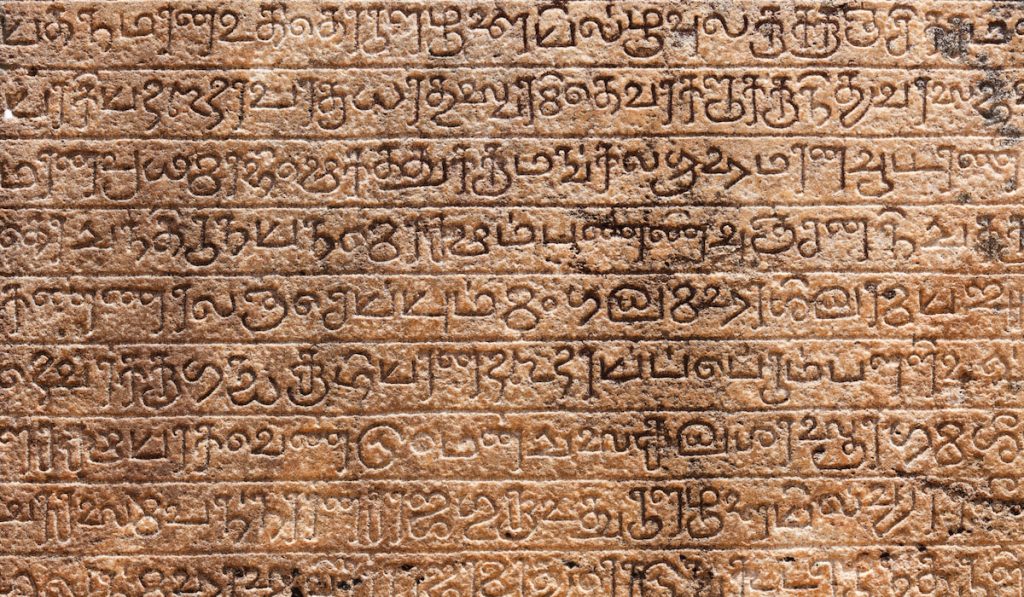
Archeologists cannot understand ancient culture unless they know the language and understand the literature of the people of that time. So, a major in an ancient language such as ancient Greek or Hebrew is quite useful in the field.
Linguistics is the scientific study of language. It covers how languages work, what their structures are, and why they differ from one another.
Archeologists have to decipher ancient scripts and texts in order to make sense of them. This skill is extensively used by archaeologists today for understanding languages from ancient sites.
5. History of Art
Archeologists also work for the preservation and curation of art from ancient sites. The history of art familiarizes them with ancient techniques and styles of art. Along with cultural importance and interpretation of the ancient artifacts.
For expertise in this field, a major in the history of art can be very helpful.
6. Forensics
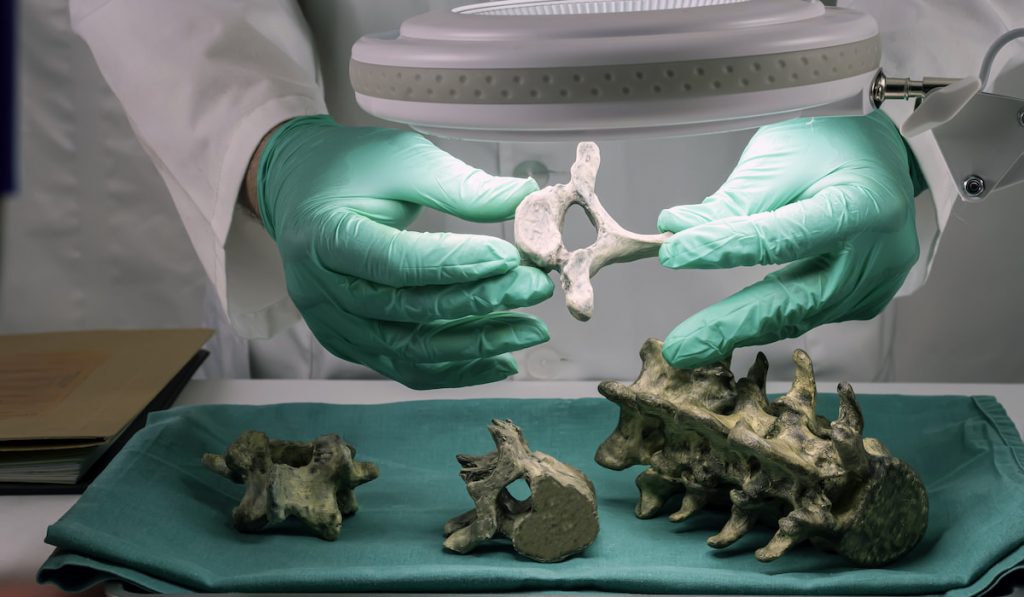
Forensics is a branch of archaeology that deals with the identification and analysis of evidence from archeological sites. Forensic archeologists analyze evidence such as human remains or buried objects with the help of scientific techniques such as DNA analysis or CAT (Computed tomography) scans.
Recent developments in the field of archaeology have created a constant need for forensic experts.
7. Museum Studies
Museum professionals often work closely with archaeologists and anthropologists by providing them the resources they need for their research. They preserve artifacts from excavation sites and also design displays and exhibits.
Museum professionals often do curation, collection, and management of delicate ancient artifacts.
8. Geo-archeology
It’s an inter-linked discipline between geology and archeology. Geo-archeologists’ study layers of the earth to understand how they have been shaped by past cultures. They identify changes in soil, do planetology surveys and study natural changes in the environment.
9. Marine Archeology
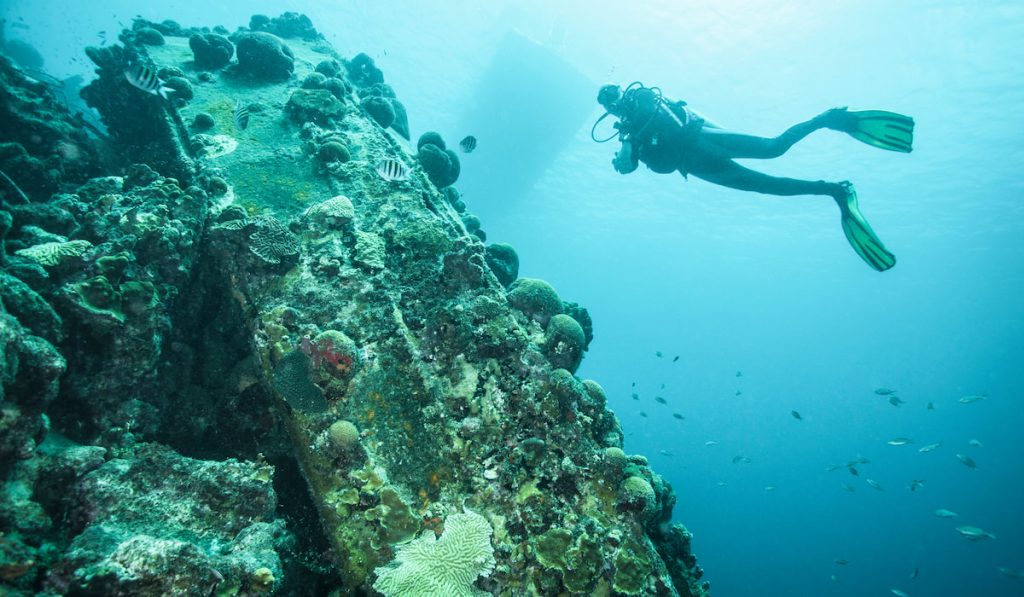
Many universities offer a master’s degree in marine archeology after a bachelor’s in a basic course such as oceanography, archeology, or history.
It’s a specialization within the broader discipline of archeology, which studies and analyzes ancient cultures and remains in ocean beds and lakes.
Conclusion:
Archeology is an interesting field where you explore ancient civilizations, hunt for lost artifacts, and solve the mysteries from the past. If you love history and science, then archeology can be a great career for you.
We talked about the majors that will prepare you for this field. Hopefully, this article helped you find the right major for you and your career in archaeology.
Resources
- https://www.saa.org/about-archaeology/archaeology-as-a-career
- https://study.com/articles/Archaeologist_Educational_Requirements_for_a_Career_in_Archaeology.html
- https://www.careerexplorer.com/careers/archaeologist/how-to-become/
- https://www.ucas.com/ucas/after-gcses/find-career-ideas/explore-jobs/job-profile/archaeologist
- https://www.usnews.com/education/best-graduate-schools/articles/what-archaeology-is-and-how-to-become-an-archaeologist



